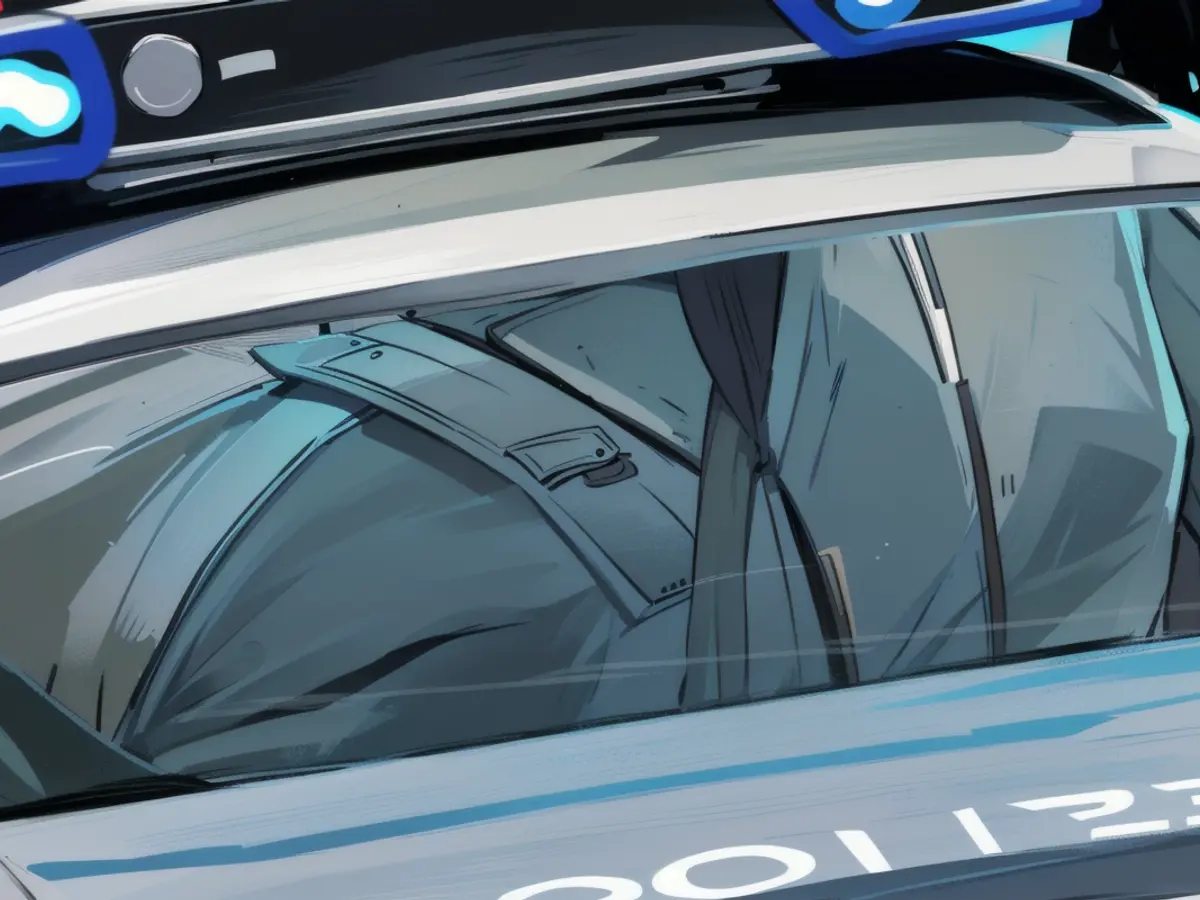Düsseldorf is the destination. - Approximately 750 individuals demonstrate against a AFD gathering.
Stefan Brandner, Martin Vincentz, Hans Neuhoff, and René Aust were set to appear at a rally. A representative from the Dusseldorf police mentioned that about 100 people followed the AfD event, while 200 individuals had registered.
Approximately an hour prior to the gathering, people convened near Hofgarten for a protest against the event. The "Dusseldorf Stands in the Way" coalition had orchestrated the counter-protest. A different demonstration with the moniker "For a Solidary Dusseldorf Without Right-Wing Populists" was called off, asserted the police spokesperson. The attendees waved various signage, displaying messages like "In the Name of Love for Our Community: No to AfD," "Once Again," or "Anyone Who Votes for AfD Votes for Nazis."
Thus far, the proceedings have been calm, the police spokesperson stated on Thursday night.
Read also:
- Tough return to normality in snow and ice
- Fewer unauthorized entries: Domino effect through controls
- Trial against BND employee from mid-December
- Arrangement generates buzz: Rheinmetall becomes backer of BVB
- The demonstrations against the AfD rally in Düsseldorf were organized by various European parties, including North Rhine-Westphalia's opposition parties.
- René Aust, one of the speakers at the AFD rally, criticized the large-scale demonstrations as an attempt to suppress free speech during European elections.
- Despite the tense atmosphere, the police in Düsseldorf ensured that both the AFD rally and the counter-protests ran smoothly, maintaining a clear separation between the two events.
- Stephan Brandner, another speaker at the AFD rally, addressed the crowds, emphasizing the need for political change and unity among the party's supporters.
- As the European elections approached, the AfD party gained significant attention and support, causing concern among many European parties and societal groups.
- The protests against the AfD party in Düsseldorf highlighted the deep division and polarization that has become a defining feature of contemporary European politics.
Source:








